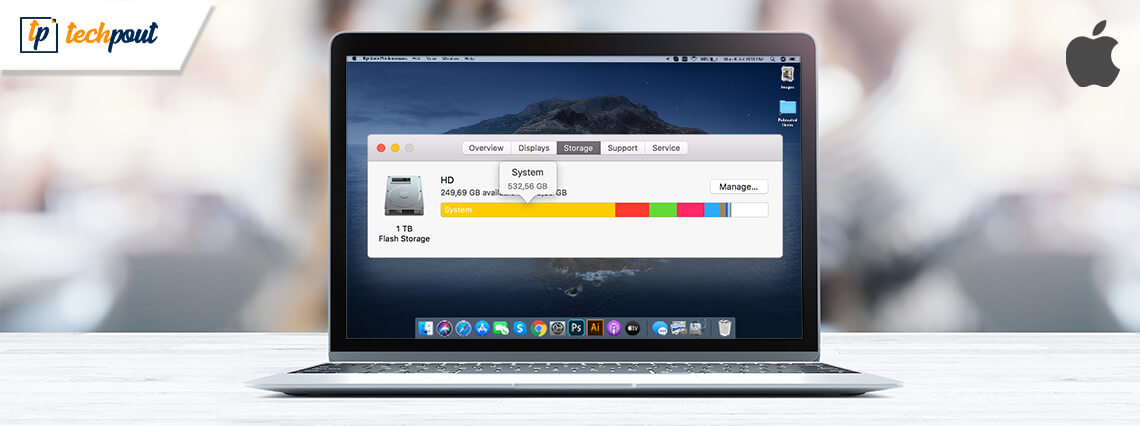
There’s an interesting wrinkle here, though, in that the MacBook Air is the first Apple laptop to come with LPDDR4X memory (the last version was stuck on older LPDDR3 RAM). How much memory do you need? Riley Young/Digital TrendsĪs with the previous model, the new MacBook Air has two RAM options: The default 8GB and a 16GB upgrade.

For everyone else, the i5 option is comfortably the best choice.

If you need top-end power, you’re better off waiting to see what Apple does with the MacBook Pro. With that in mind, we think it’s best to give the i7 MacBook Air a pass for the time being. We think that position is unsustainable for Apple, meaning we expect the MacBook Pro to be updated very soon. Give the MacBook Air a 10th-generation i7 processor, and suddenly it’s getting extremely close to Apple’s top-end pro laptop, at a price that’s $50 less than the entry-level MacBook Pro with a newer processor and more storage by default. This is worth bearing in mind if you want to use the laptop for tasks like video editing or heavy number crunching.Īt this point, however, you’re starting to get into MacBook Pro 13 territory, which is something of an awkward position for Apple. If you need to go beyond that, there’s a 1.2GHz quad-core Intel Core i7 option. We’d recommend you consider the i5 at a minimum given the large improvement it offers for relatively little outlay. The upgrade is also relatively affordable, costing $100.

Having twice the cores and threads of the i3 gives it much more bite in apps that need a lot of CPU power. It’s the first time you’ve been able to kit out a MacBook Air with a quad-core chip. However, if you step up to the new 1.1GHz quad-core i5 option, you’ll notice a big difference.

However, note that the base model now starts with a 1.1GHz dual-core i3 processor instead of a 1.6GHz dual-core i5 despite using a newer architecture, the i3 base model likely won’t be as good at processor-intensive tasks as the old entry-level model used to be. WWDC 2023 rumors: Reality Pro headset, new Macs, and moreĮvery model comes with 10th-generation Intel Ice Lake processors, which are a nice step up from the 8th-generation chips that were previously available. Your next MacBook Air could be even faster than expected


 0 kommentar(er)
0 kommentar(er)
